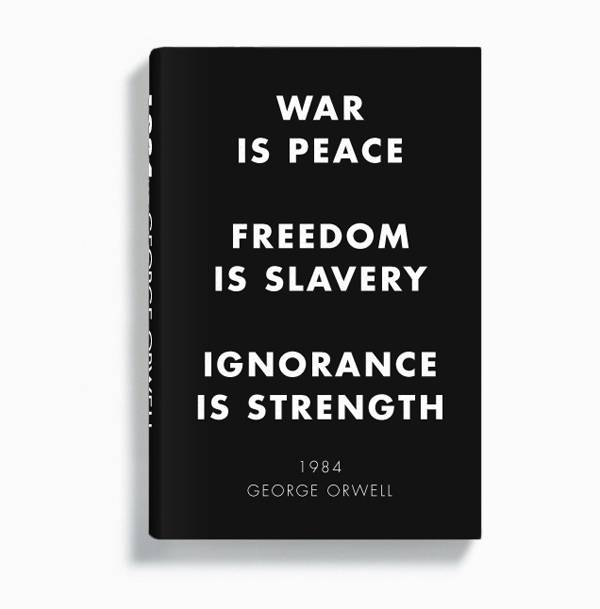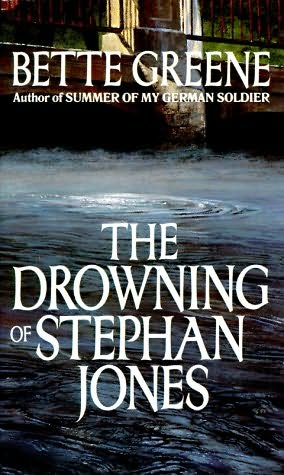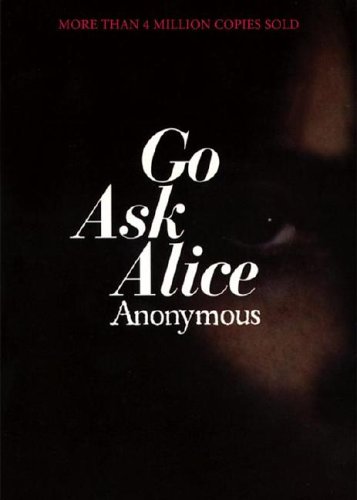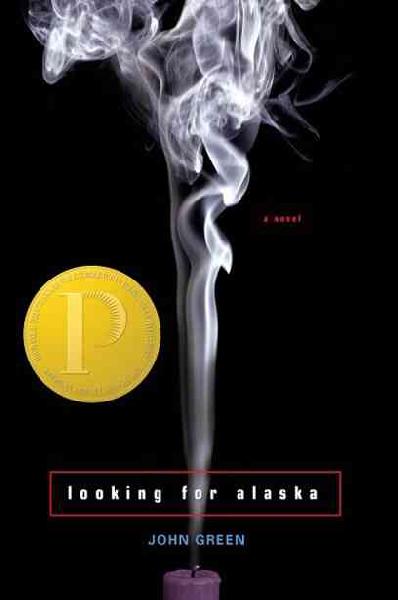
Bless Me, Ultima is one of those surprising novels, one you expect to be less intriguing than it really is. At least, that was (admittedly) my first thought of it. The novel focuses on a young boy, Antonio (or Tony), and the years spent with the woman who helped bring him into the world, an elderly curandera (healer) named Ultima. Tony is a precocious six-year-old with a curious, yet powerful connection to the medicine woman, even in the midst of his own troubles within himself- being torn between his mother's desire for him to be a priest or farmer, and his father's wish for him to be a llanero, in the countryside, wandering free and untamed. He also yearns for a strong tie to the God he so believes in, but in the events that unfold within the story, he wonders if it is best to believe in some other spiritual being, such as Mother Nature and the "presence" he feels within the river he lives by, or perhaps nothing at all.
There are very relatable concepts and themes in this novel- family conflicts, a search for one's own identity, good versus evil and the question of religion and faith. Is there a God? and if so, who is He, really? Should one cleave to Him, or follow another path? The book itself, while simply written (even plodding in terms of writing style in some parts), still gets a strong message across to the reader, making it a spellbinding and very enjoyable book.
Of course, the undertones of pagan worship and spiritualism in the novel have made it a target in some communities for book censors. In Norwood, Colorado, parents complained of the usage of profanity (which, in all honesty, is used quite sparingly amongst the young male characters of the novel and sometimes the men) and "pagan content," spurring the ninth-grade students reading the novel to stage an all-day sit-in inside the school to protest the book's removal. The superintendent of schools, Bob Conder, actually discarded copies of Ultima and then had parents get them back and destroy them. If that isn't profane, then I don't know what really is. Of course, later on in his apology, Conder admitted he based his opinion of the novel on excerpts of it, taken (more than likely) completely out of context.
This is the problem with bannings and challenges: the people who object to the material do not take the time to read and understand it. There are so many layers to this book that readers young and old can relate to. Speaking from experience, I've definitely had instances of doubt like Tony, even now at the age of nearly twenty- such as, what should I believe in? What DO I believe in? If God exists, then why is there so much wrong with the world? Why would a God create something and then let it go to seed? I believe this is exactly what Anaya was trying to get at- after all, he creates characters which reflect it. The deep-seated Catholics are devout, yet destructive and not very representative of the true nature of the religion, and the untamed llaneros like Tony's father, Gabriel, are restless and violent. In the end, it is nature that wins out- Ultima's blessed, calm, and beautiful yet incredibly powerful nature, which we take very much for granted.
I'm not saying that this book has cemented my lack of faith, because it doesn't. I do believe there is a God or some sort of higher being out there, yet the way in which man has twisted His Word has turned me away from organized religion and encouraged me to seek my own way of life- one in which I go after my desires, find what I want and also what I am meant for, and as long as I'm good to my fellow human beings and I represent Him the best way I can, He will forgive me for what I've made mistakes with. It's simple as that.
With all of that said, please read this book. It will surely make you think about a lot of things- not just religion and family, but good and evil in general and how things are not always as they seem.
There are very relatable concepts and themes in this novel- family conflicts, a search for one's own identity, good versus evil and the question of religion and faith. Is there a God? and if so, who is He, really? Should one cleave to Him, or follow another path? The book itself, while simply written (even plodding in terms of writing style in some parts), still gets a strong message across to the reader, making it a spellbinding and very enjoyable book.
Of course, the undertones of pagan worship and spiritualism in the novel have made it a target in some communities for book censors. In Norwood, Colorado, parents complained of the usage of profanity (which, in all honesty, is used quite sparingly amongst the young male characters of the novel and sometimes the men) and "pagan content," spurring the ninth-grade students reading the novel to stage an all-day sit-in inside the school to protest the book's removal. The superintendent of schools, Bob Conder, actually discarded copies of Ultima and then had parents get them back and destroy them. If that isn't profane, then I don't know what really is. Of course, later on in his apology, Conder admitted he based his opinion of the novel on excerpts of it, taken (more than likely) completely out of context.
This is the problem with bannings and challenges: the people who object to the material do not take the time to read and understand it. There are so many layers to this book that readers young and old can relate to. Speaking from experience, I've definitely had instances of doubt like Tony, even now at the age of nearly twenty- such as, what should I believe in? What DO I believe in? If God exists, then why is there so much wrong with the world? Why would a God create something and then let it go to seed? I believe this is exactly what Anaya was trying to get at- after all, he creates characters which reflect it. The deep-seated Catholics are devout, yet destructive and not very representative of the true nature of the religion, and the untamed llaneros like Tony's father, Gabriel, are restless and violent. In the end, it is nature that wins out- Ultima's blessed, calm, and beautiful yet incredibly powerful nature, which we take very much for granted.
I'm not saying that this book has cemented my lack of faith, because it doesn't. I do believe there is a God or some sort of higher being out there, yet the way in which man has twisted His Word has turned me away from organized religion and encouraged me to seek my own way of life- one in which I go after my desires, find what I want and also what I am meant for, and as long as I'm good to my fellow human beings and I represent Him the best way I can, He will forgive me for what I've made mistakes with. It's simple as that.
With all of that said, please read this book. It will surely make you think about a lot of things- not just religion and family, but good and evil in general and how things are not always as they seem.

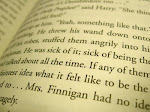







 In all honesty, I suppose you could call this Part Three, seeing as another, perhaps more juvenile but certainly fitting part of this book sect is The Giver by Lois Lowry. (Not to mention Fahrenheit 451, so perhaps Part Four.) I've realized this perhaps a bit too late, but I'll make up for it when I write about Brave New World by Aldous Huxley (which I WILL read sometime along the way, even though I'm dreading it).
In all honesty, I suppose you could call this Part Three, seeing as another, perhaps more juvenile but certainly fitting part of this book sect is The Giver by Lois Lowry. (Not to mention Fahrenheit 451, so perhaps Part Four.) I've realized this perhaps a bit too late, but I'll make up for it when I write about Brave New World by Aldous Huxley (which I WILL read sometime along the way, even though I'm dreading it).
